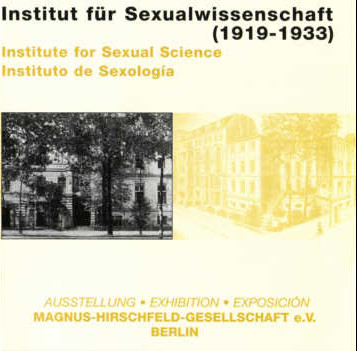Researchers
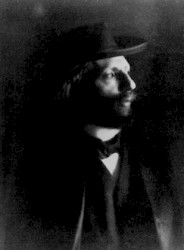

Professor Hans Friedenthal
1870 – 1943 – Physiologist, anthropologist
As well as teaching at the University of Berlin, Friedenthal was head of the “experimental biology department” from 1919, and of the “anthropological department” between 1922 and 1923. At the Institute, he did research on the effects of sexual hormones as well as on sexual differences. He was also involved in training courses for doctors and medical students.
In 1924, he was made honorary professor at the University of Berlin where he founded an “Institute of Mankind Studies”, did research on the natural history of mankind, worked as a characterologist and ran a marriage guidance council. He maintained close ties with the Institute through his publications in the journal “Die Ehe“ (“Marriage”) and as a member of the board of trustees.
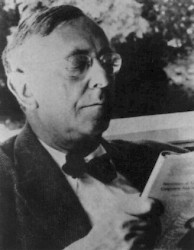

Arthur Weil, M.D., D.V.M.
1887-1969 – Veterinarian, physician, endocrinologist
Weil came to the Institute for Sexual Science as an external lecturer for physiology in 1920. He was also on the board of the Scientific Humanitarian Committee. A year later, he moved his residence to the Institute and headed the radiological therapeutic department. In 1921, he organized the “First International Conference for Sexual Reform on a Scientific Basis” and became an executive member of the Hirschfeld Foundation. He was also head of the endocrinology research department. In 1922, Weil received an award from the Berlin Physicians’ Society for Sexual Science and Eugenics for his study of physical measurements of homosexuals, which aimed to provide evidence of a specifically homo-sexual make-up. He founded a Society for Sex Education in the same year and went to study in the United States. After returning to Germany, Weil had a falling-out with Hirschfeld, director of the Institute, and returned to the United States permanently in 1923.
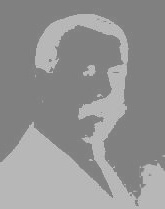
Franz Prange, M.D., Ph.D.
1898-1969 – Physician, endocrinologist
Prange first came to the Institute in 1920 as a student preparing his zoology dissertation on hermaphoditism in goats. From 1924 to 1926, he was head of endocrinological research, and for a short time he also worked in the sexual ailments department. He completed his medical dissertation in 1926 based on research he conducted at the Institute on gynecomastia (male breast development). In 1927, he returned to Rostock, where he had been a student, and worked at the university medical center there.
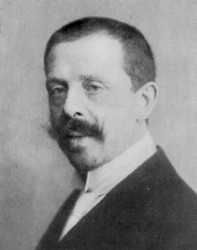

Baron Ferdinand von Reitzenstein
1876-1929 – Cultural historian, sexual ethnologist
After working at the Berlin Ethnology Museum and the Hygiene Museum in Dresden, Reitzenstein became editor of the well-known journal Geschlecht und Gesellschaft (Gender and Society) and its supplement on sexual reform, which assumed the status of “offical organ” of the Berlin Institute for Sexual Science. In 1923, Reitzenstein became director of the ethnological-anthropological department at the Institute. His health continued to decline after he suffered a stroke in 1925, and he died in a psychiatric institution in 1929.
His research focused on the anthropology of woman.
The portrait of Reitzenstein shown here hung in the stairwell of the Institute for Sexual Science in Berlin as of 1929, along with approximately thirty other signed photographs of the most well-known sex researchers.
